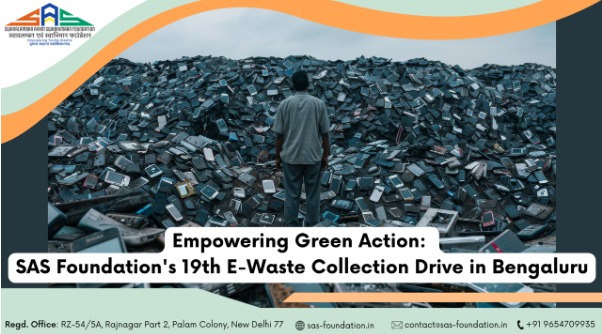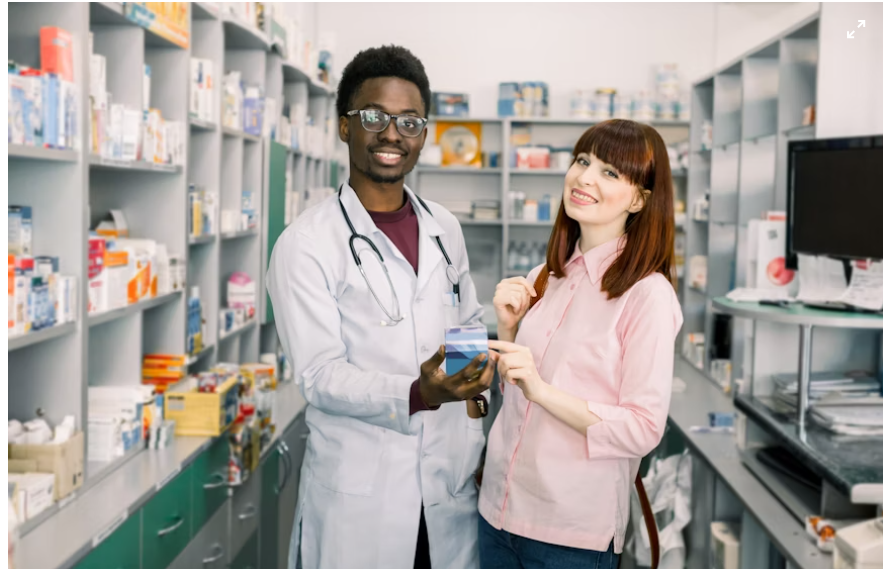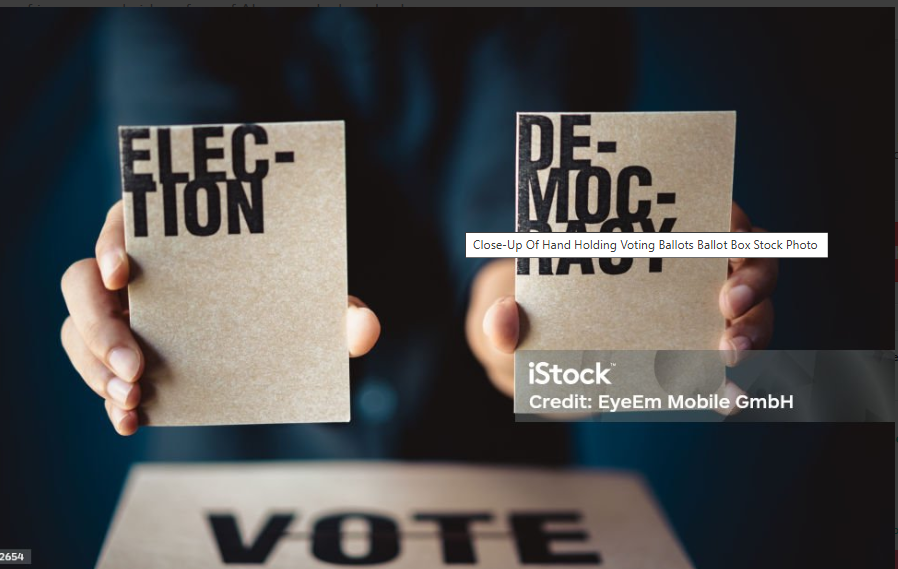Exploring the Brain: A Successful Webinar on Understanding Neurological Complexities
On a thoughtful and enlightening day, the Swavalamban Avam Swabhimaan Foundation (SAS Foundation), in collaboration with JVEdTechMedovation, successfully hosted a powerful and engaging webinar titled “Complexities of the Brain and How to Identify Abnormalities.” This knowledge-sharing session brought together curious minds, passionate experts, and committed community leaders to explore one of the most fascinating yet intricate organs of the human body — the brain.
In today’s fast-paced world, where stress, mental health issues, and neurological challenges are on the rise, it becomes more important than ever to understand how the brain functions, what abnormalities can occur, and how early diagnosis and care can lead to better outcomes. With this shared objective in mind, the session created a space where awareness met science, and where learning became an act of empowerment.
🌟 Setting the Stage for Learning
The session began on a high note with a warm welcome and a brief introduction to the SAS Foundation — a dynamic non-profit organization working across India with a vision to empower youth, promote education, drive health awareness, and build sustainable, inclusive communities. Over the years, the Foundation has focused on real-world challenges and initiated ground-level solutions. From organizing environmental awareness campaigns to running skill-building internships and health webinars, the Foundation believes that knowledge is the true key to swabhimaan (self-respect).
In this spirit, the webinar on brain health was conceived as an opportunity to provide accurate information, foster curiosity, and encourage preventive approaches to neurological wellbeing.
🎙️ Moderation That Set the Tone
The webinar was beautifully moderated and compered by Marilyn Olivera, who steered the session with remarkable ease, professionalism, and grace. From welcoming the speakers to engaging the audience, Marilyn ensured that every moment was meaningful. Her warmth and clarity set a tone of openness and approachability — essential ingredients for learning about a topic as complex and sensitive as brain disorders.
🧠 A Deep Dive into Brain Health with Dr. Amit Aiwale
The highlight of the webinar was the session delivered by Dr. Amit Aiwale, an esteemed neurologist and expert in brain sciences. His presentation was insightful, accessible, and thought-provoking.
He began by introducing the fundamental structure and function of the brain — the command center of the human body. He explained how different parts of the brain are responsible for various functions such as movement, memory, language, emotions, and reasoning.
Dr. Aiwale then delved into:
Common Brain Abnormalities: including tumors, epilepsy, strokes, Parkinson’s disease, and degenerative disorders such as Alzheimer’s.
Diagnostic Tools: such as MRI, CT scan, PET scan, and EEG, which allow medical professionals to detect early signs of neurological issues.
Neuroplasticity: the brain’s ability to reorganize itself by forming new neural connections — a hopeful concept that shows the brain’s resilience and capacity to heal.
Preventive Approaches: the importance of regular check-ups, managing stress, eating brain-friendly diets, and staying mentally active.
Cutting-edge Research: emerging therapies in neuroscience, including brain-computer interfaces, AI in diagnosis, and gene therapies.
What stood out was his ability to simplify highly technical content for a diverse audience — from students and educators to working professionals and caregivers.
💬 Adding Depth Through Engaging Discussion
Following Dr. Aiwale’s insightful talk, Dr. Jyoti Dongre Rao, a key figure in SAS Foundation’s leadership, initiated a question-and-answer segment that brought clarity to some of the most pressing concerns. Her well-thought-out questions echoed what many participants had in mind — making the session more interactive, relatable, and valuable.
She addressed topics such as:
How to detect early signs of neurological disorders in children and the elderly
How lifestyle choices impact long-term brain health
The role of genetics in mental and neurological conditions
When should someone seek medical advice for headaches, memory issues, or unusual behavior?
These questions helped demystify complex neurological topics and made the discussion relevant to everyday life.
🙏 Heartfelt Thanks and Reflections
The session concluded with a sincere vote of thanks delivered by Dr. Nitin Saini, a core member and guiding force of SAS Foundation. In his message, he beautifully encapsulated the importance of community awareness, scientific education, and open dialogue.
Dr. Saini expressed his deep appreciation to:
Dr. Amit Aiwale, for his time, dedication, and expertise
Marilyn Olivera, for anchoring the event so gracefully
Dr. Jyoti Dongre Rao, for enriching the session with her thoughtful questions
And to every participant who took time out of their schedules to join and engage in the session
His words reminded everyone that small steps in education can create waves of transformation — especially when it comes to something as vital as brain health.
🌐 Looking Ahead: More Knowledge, More Power
The overwhelming response to this session has further strengthened our commitment to continuing such awareness programs. At SAS Foundation, we envision a future where access to health information is not a privilege, but a right.
Upcoming plans include:
Webinars on mental health in youth, women’s health, and digital wellness
Internship opportunities for students in neuroscience communication and awareness campaigns
Collaborations with doctors, universities, and wellness platforms to expand our reach
Research-backed articles, newsletters, and YouTube content to make learning easy and accessible
We also aim to empower school and college students to be health ambassadors in their communities — spreading what they learn to parents, peers, and neighborhood groups.
💬 What Participants Said
The chatbox during and after the session was filled with:
“Eye-opening session, thank you Dr. Aiwale!”
“Very well organized — I learned so much.”
“We need more webinars like this in regional languages too.”
“Loved the Q&A — it made everything more practical.”
This kind of feedback reaffirms why platforms like these are important. It’s not just about knowledge — it’s about connection.
🌟 Final Words
The human brain is the most fascinating organ — capable of reasoning, dreaming, remembering, and feeling. Yet it remains one of the least understood and most vulnerable. Through this webinar, we’ve taken one step closer to understanding the brain, and more importantly, listening to it.
As we reflect on this meaningful event, we remain inspired by your support and engagement. Together, we can continue to learn, grow, and build a society where health education is prioritized, respected, and acted upon.
Thank you once again for joining us. Stay curious, stay aware, and stay connected.










